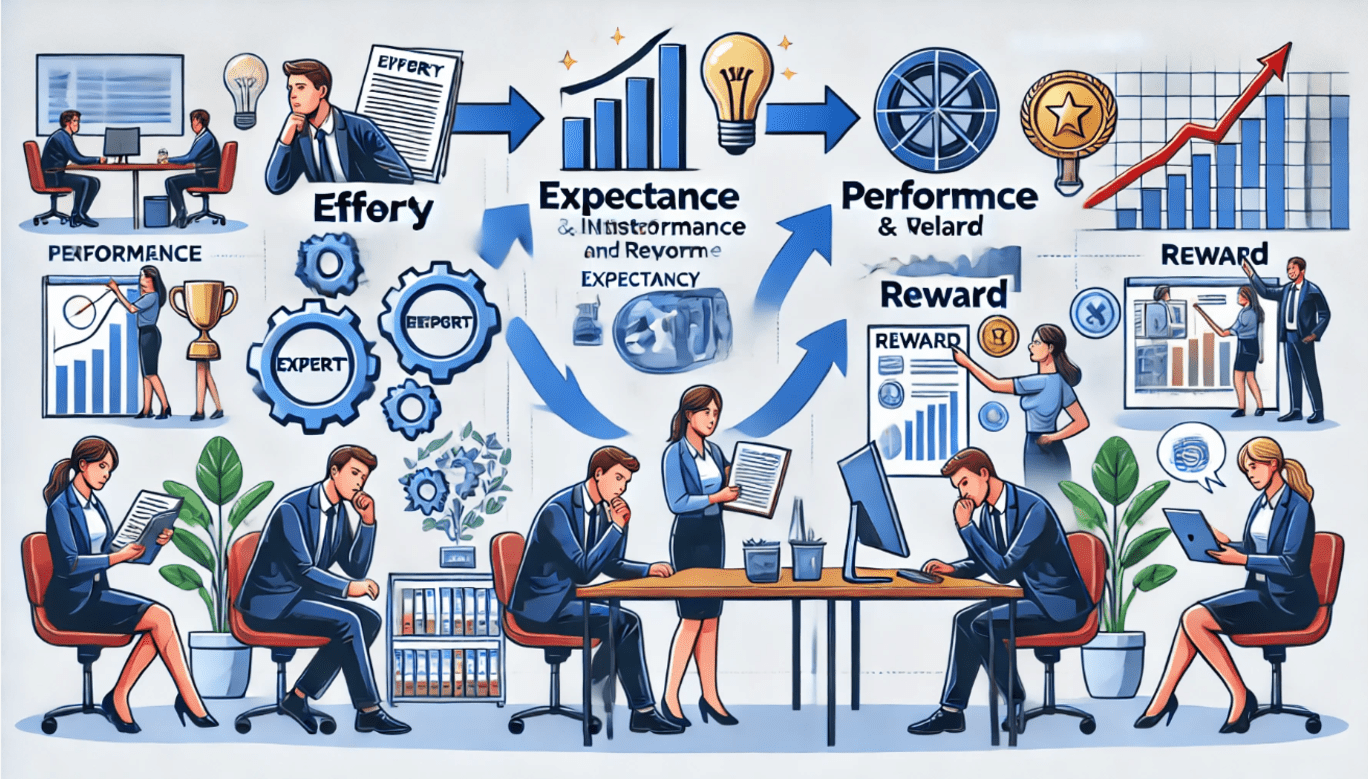Understanding the RACI Matrix: A Key Resource Management Tool
Key Team Building Questions for Project Managers
As a project manager, understanding the intricacies of team building and development is crucial for steering your team towards achieving its goals. This article delves into the essence of team building, the importance of collaborative planning, and presents eight key questions that project managers should consider to build and develop effective teams.
What is Team Building?
Team building is the process of transforming a group of individuals into a cohesive, effective, and high-performing team. It involves a variety of activities and strategies designed to improve interpersonal relationships, enhance communication, and promote collaboration among team members. The ultimate goal of team building is to create an environment where team members trust each other, work well together, and are committed to achieving common objectives.

Collaborative Planning: One of the Most Vital Elements of Team Building
Collaborative planning is a vital element of team building that involves the active participation and joint effort of all team members in the planning process. It is the process where team members come together to define goals, develop strategies, allocate tasks, and create timelines for project completion. Collaborative planning fosters a sense of unity and purpose, ensures alignment, and promotes transparency within the team.
Ethan Rasiel's book, "The McKinsey Way," introduces an intriguing concept known as the Mushroom Method. Imagine mushrooms growing in the dark, covered in manure. Similarly, if a team is given tasks without being involved in the planning or kept in the dark, their motivation dwindles. The Mushroom Method highlights the importance of transparency and involvement in maintaining team morale.
8 Key Team Building Questions for Project Managers
While team building is a collective effort, the primary responsibility lies with the project manager. As the leader, the project manager sets the tone for team dynamics and is responsible for implementing strategies that promote cohesion and collaboration. To effectively build and develop a team, project managers should consider the following key questions:
1. What Are the Team’s Objectives and Goals?
By clearly defining objectives and goals, team members can align their efforts and maintain focus on the project's purpose. Key questions include:
- What is the project's ultimate goal?
- What are the specific deliverables and milestones?
- How will success be measured?
2. What Are the Roles and Responsibilities?
Clear role definitions help prevent overlaps and gaps in responsibilities, fostering a more efficient and collaborative team environment. Questions to consider are:
- What are the specific roles required for this project?
- Who is responsible for each role?
- How do these roles interrelate?
3. What Are the Team Members' Strengths and Weaknesses?
Understanding these aspects helps in assigning the right tasks to the right people and identifying opportunities for training and development. Important questions include:
- What are the key skills and expertise of each team member?
- Are there any gaps in skills or knowledge?
- How can these strengths be leveraged and weaknesses addressed?
4. How Will Communication Be Managed?
Establishing a robust communication plan ensures that team members stay informed, engaged, and able to collaborate effectively. Key questions to address are:
- What communication channels will be used?
- How often will meetings be held?
- How will important information be documented and shared?
5. What Are the Potential Risks and Challenges?
Proactive risk management helps the team to prepare for and navigate challenges, ensuring smoother project execution. Critical questions include:
- What are the possible risks associated with the project?
- How will these risks be monitored and mitigated?
- What contingency plans are in place?
6. How Will Team Performance Be Evaluated?
Consistent performance evaluation helps in recognizing achievements, addressing issues, and fostering a culture of continuous improvement. Questions to consider are:
- What metrics will be used to assess team performance?
- How often will performance reviews be conducted?
- What feedback mechanisms will be in place?
7. How Will Team Morale Be Maintained?
Fostering a positive team environment ensures that team members remain motivated, satisfied, and committed to the project's success. Important questions include:
- What strategies will be used to keep the team motivated?
- How will achievements be recognized and rewarded?
- What support will be provided for team members facing challenges?
8. How Will Conflict Be Managed?
Conflicts are inevitable in any team, and managing them effectively is crucial. Key questions are:
- What are the common sources of conflict in the team?
- How will conflicts be addressed and resolved?
- What support mechanisms are available for conflict resolution?
Expectancy Theory
 Expectancy Theory, proposed by Victor Vroom, suggests that individuals are motivated to act in a certain way based on the expected outcome of their actions. In the context of team building, project managers can apply this theory by:
Expectancy Theory, proposed by Victor Vroom, suggests that individuals are motivated to act in a certain way based on the expected outcome of their actions. In the context of team building, project managers can apply this theory by:
- Clarifying Expectations. Clearly communicating what is expected from each team member.
- Providing Resources. Ensuring that team members have the necessary resources and support to achieve their goals.
- Recognizing Achievements. Acknowledging and rewarding team members for their contributions to reinforce positive behavior and motivation.
Conclusion
Team building is an ongoing process that requires attention, effort, and strategic planning. By asking the right questions and fostering an environment of collaboration, project managers can build strong, cohesive teams that drive project success. Understanding team building definition helps in clarifying the goals and expectations from such efforts. When considering what makes a good team, remember that the foundation of any successful project lies in the strength and unity of its team.
Developing effective team building skills is crucial for creating a productive and harmonious team environment. Incorporating team building activities into your strategy can further enhance team cohesion and performance. Embrace team building as a critical component of project management, and watch your team soar to new heights of achievement.
About the Author
Violetta Chernobuk is a skilled content strategist and writer at Planyway, specializing in crafting insightful and engaging articles on productivity and project management. With her keen eye for detail and a deep understanding of user needs, Violetta ensures that every piece of content is both informative and inspiring, helping readers optimize their workflows and stay ahead in their projects.


